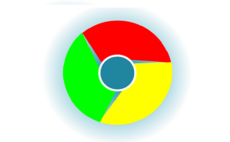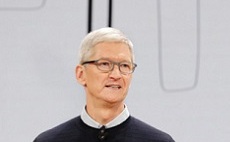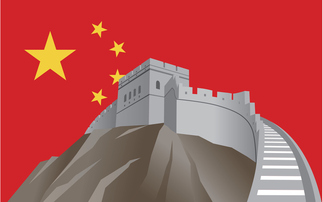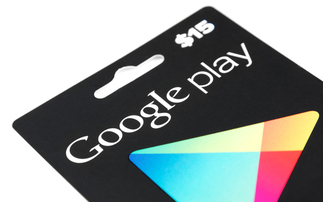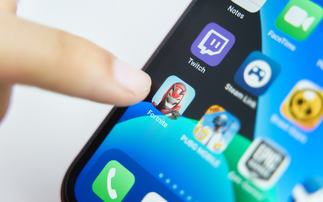A tale of revamps, upgrades and partnerships
Smartphones have been the biggest success story of 2011 in the tech world, and have all but rendered the feature phone market dead in Western Europe and the US. Apple and Samsung continued to do...
To continue reading this article...
Join Computing
- Unlimited access to real-time news, analysis and opinion from the technology industry
- Receive important and breaking news in our daily newsletter
- Be the first to hear about our events and awards programmes
- Join live member only interviews with IT leaders at the ‘IT Lounge’; your chance to ask your burning tech questions and have them answered
- Access to the Computing Delta hub providing market intelligence and research
- Receive our members-only newsletter with exclusive opinion pieces from senior IT Leaders










